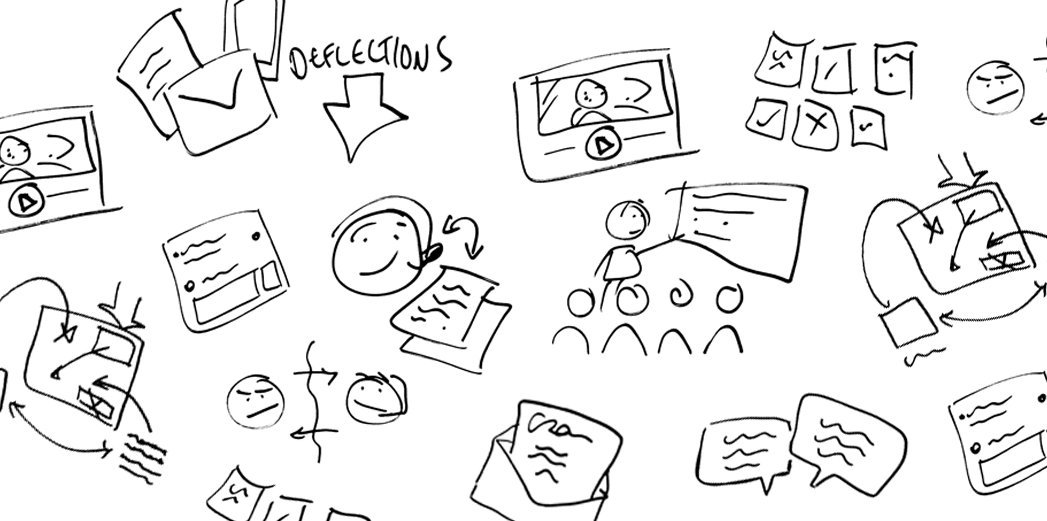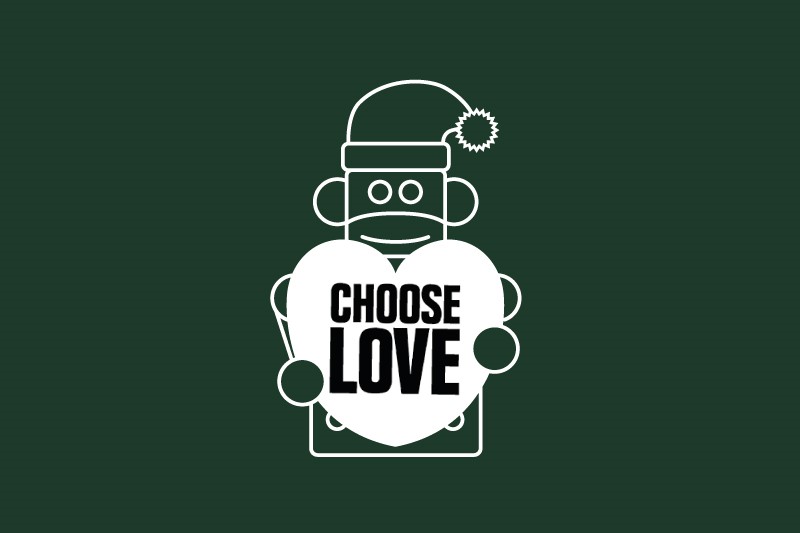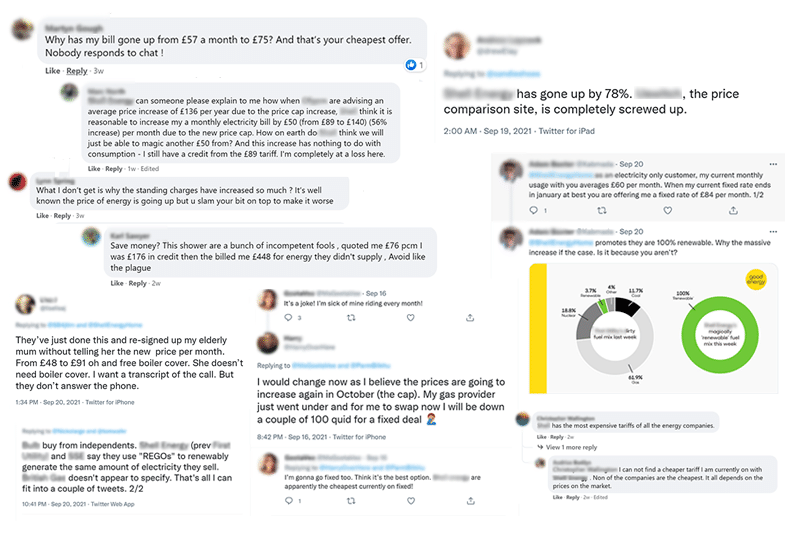IVR Deflection 101
In stressful times, it’s important to have your online services, app and FAQs working hard for you and your customers. Here are 7 ways to pull customers to digital and help take the pressure off client-facing teams:
1. Hard deflections can be effective
Use clear, to-the-point wording to be set expectations.
Example: “At the moment, the only way to book a visit is online. Our website has all the latest information and you can pay for your membership there too.”
2. Grab your caller’s attention
Use a different voice, or an intro, to give a cognitive ‘heads up’ that something important is about to be said.
Example: “Payment holidays: If you need help …..”
3. Use customer-friendly language
Focus on customer need, rather than the task.
Example: “If you’re calling about anything to do with money, press 1” is clearer than “If you want to talk about refunds, bills or tariffs”
4. Don’t forget WIIFM (what’s in it for me?)
Dialling-up digital attractiveness is the best way to pull customers off the phone and onto digital channels. Help customers get clear on what’s in it for them:
- Speed – Will SMS or webchat options get me an answer quicker?
- Recall – Can customers keep a copy of chat if they switch to webchat?
- Best channel – what’s quick and easy-to-do in online accounts and apps?
Example: “You don’t have to wait. If you’d like us to text you a link that takes you straight to our online support, press 1 now.”
5. Be specific about digital features
If activating the online account takes “less than 2 minutes”, say so. If you can use your online accounts to request a refund, say so.
Example: “You can check your bill and change personal details in your online account. It takes less than 2 minutes to set one up.”
6. Test “to listen to the option again…” and other error handling options
Giving customers the option to listen again, or go back if they make a mistake, helps reduce transfers and handling time.
7. Brief is best
Callers will listen out for their specific query. Your message will get lost if you offer them too many things to do and places to go.
Example : “The quickest way to check your balance is in your online account”.
If you need more help, drop us a line at hello@mazaru.com.












